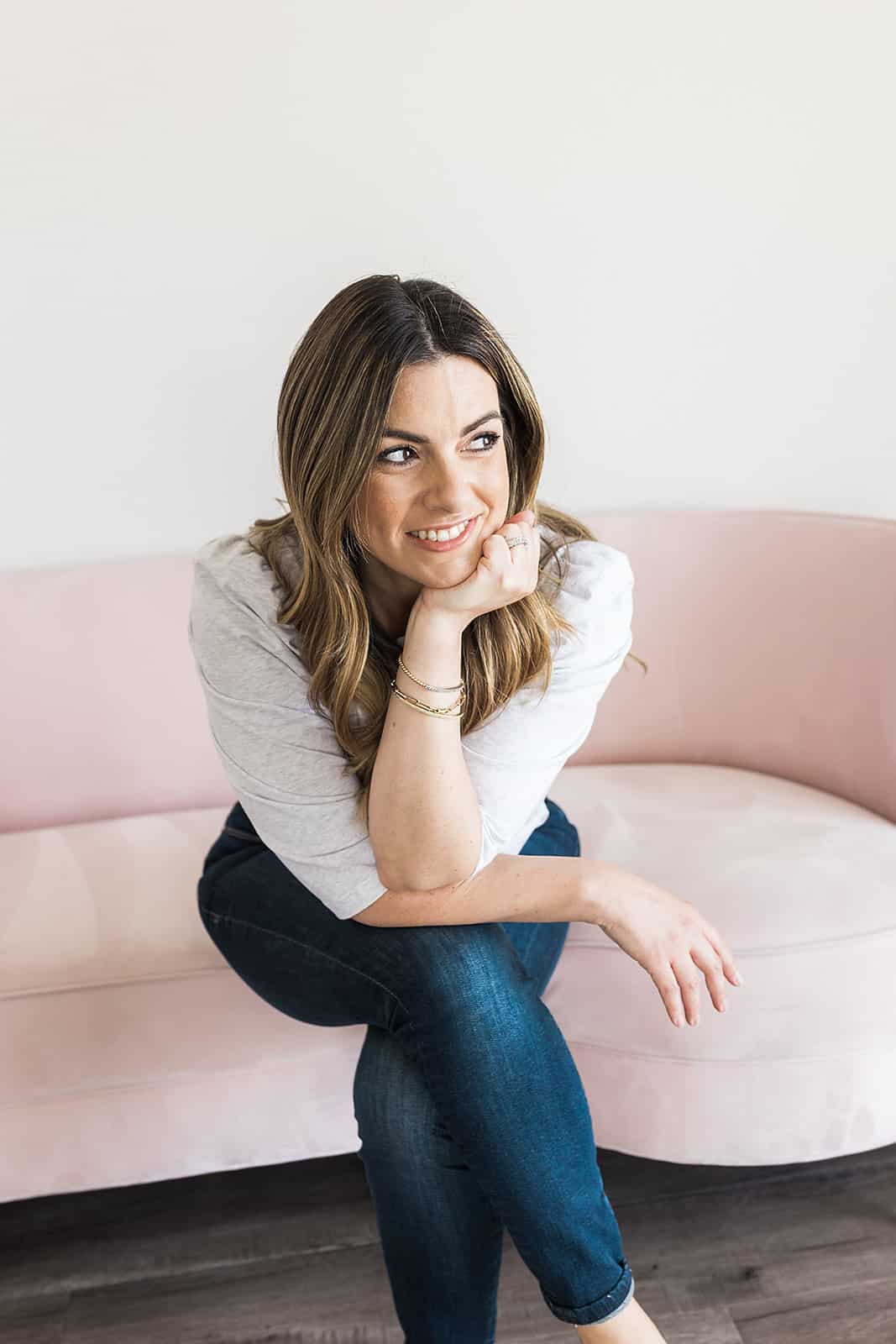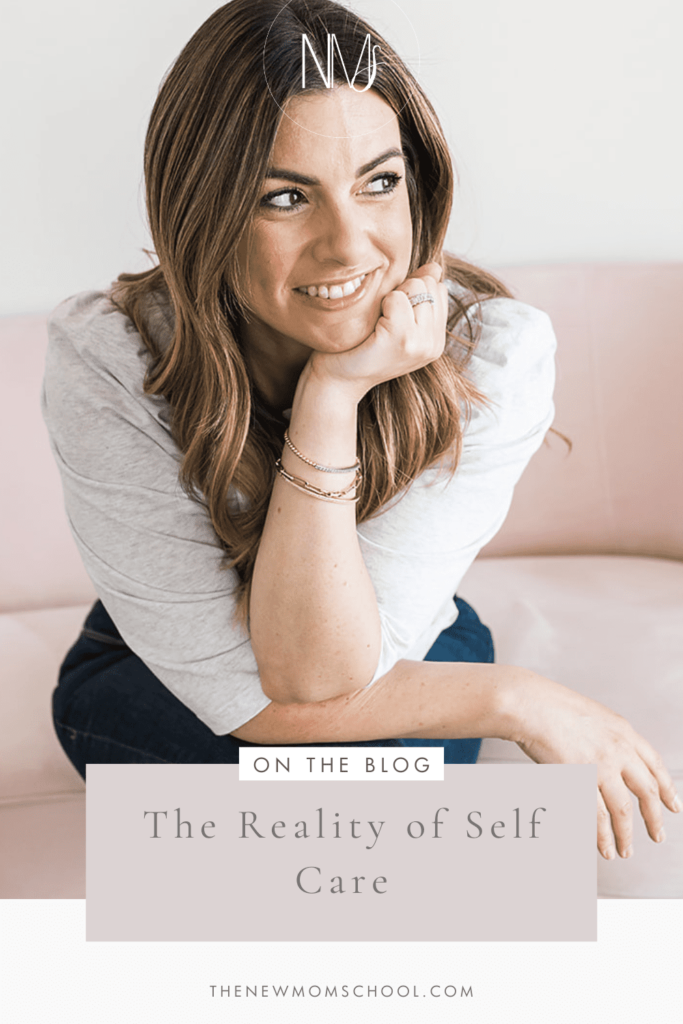written by
Rebecca Falkner
There are a lot of trendy topics in the women’s health space lately, some I notice quite often: Matcha Tea, CBD everything, ketogenic diets and “self-care.” Self-care has become a catchy buzzword lately. Not only in the personal development world, but even in mainstream media. You’ll see articles in popular women’s and parenting magazines about the importance of self-care, hear well-known authors, athletes and entrepreneurs on podcasts talking about it. Youtubers of all ages and stages take you through their “self-care routine” made up of things like DIY body scrubs, essential oil rolling and dry skin brushing.
The collective support around the idea that we all need to spend some time giving ourselves some TLC is fantastic! But, self-care is so much more than taking a hot bath once a week or getting a pedicure. It’s deeper than that.
Self-care is spirit care.
It is not just about relaxation, it is about caring for the spirit and connecting with your heart and your soul. It is not necessarily religious, but is about carving out time for connection to something greater than you. Something greater than your problems or your “to-do” list. It is finding time to be “in awe”. Whether that is watching a sunset with a cup of tea once a week or going to your meditation or chanting class or to your church or your temple. It does not matter. What matters is finding time for stillness. For beauty. For gratitude and for appreciation.
Self-care is mental health care.
It is not just about taking care of the body, it is about tuning into the mind. It is about confronting our limiting beliefs, and shifting the thoughts and patterns that may not be serving us. It is acknowledging and perhaps treating our anxiety and our depression. It is about feeling our feelings, even the ugly ones: the rage, the despair, the hopelessness.
It is about shining a light on them, accepting them and moving through them. Practically speaking, this could mean setting up a weekly coaching or therapy session; joining a support group; speaking with a doctor or another kind of practitioner about what you are experiencing. It could be as simple as monthly check-ins with a group of friends that you can be real and honest with. It could mean beginning a guided meditation practice or learning how to use tapping or breath work to lessen the experience of anxiety. It could be finally telling your spouse that you’re struggling.
Self-care is setting boundaries.
It is not just about carving out time for friends and loved ones. It is also about creating and protecting space in your schedule for what really matters to you: what lights you up, what helps you unwind, what keeps the feelings of peace and well-being in your life. It’s about learning how to say “no” when you’re used to saying “yes” to things you don’t want to (and don’t really have to) do. Setting healthy boundaries shows that you respect yourself enough to place respectful limits in your life.
Perhaps that means that you will let family and friends know that after 8pm, you won’t be returning emails/texts/phone calls. It could also mean that you reserve Sundays as a family day to meaningfully connect, maybe even abstaining from social media during that day. It could mean that you finally say “no” to the job that drains you and start looking for something else. Or, maybe it means that you buy the store bought brownies for the bake sale, decline the invitation to dinner, or you ask your neighbor to call before stopping by. This is not about being rude, or saying “no” to everything. It is taking radical responsibility for your “yes’s”.
Self-care is the alignment of your habits with your vision for the future.
It is not committing to walk 10,000 steps a day for the hell or it or doing yoga in the morning because someone on the news said it relaxed them. It’s honing in on YOUR “why” and getting crystal clear about who you want to be: for yourself, for your partner, for your kids. It’s tying the 10,000 steps a day into your vision of feeling strong and healthy for your family’s upcoming summer vacation in Yosemite. It’s doing yoga every morning because you want to model to your family that health and fitness are important and taking time for yourself is valuable. When we stop treating self-care like a checklist to be ticked off and root it deeply with a strong why and a strong vision of who we become through these habits, that’s when a shift happens. We don’t compromise as often, we don’t neglect it.
Self-care is self-honoring.
It is not selfish, or frivolous. It is a way to pay deep respect to ourselves and in turn, to show up as the best version of ourselves. When we take the time to care for our body, spirit, mind and establish boundaries in our life and a vision of who we want to be, we are at our best. The airplane metaphor is so pertinent. As parents with little ones, we are advised to place the oxygen mask on ourselves first so that we can then attend to our children. This is one of those instances where taking care of you, means you’re going to take better care of them (partner included).
Buzzwords and catchy phrases aside, self-care is vital, as moms especially. We owe it to ourselves to make it a priority. When we shift our belief that time alone is selfish and that saying “no” is rude, and when we create space for stillness and recharging and attending to our health in every way our entire family benefits. By taking care of you, you can take better care of them.


